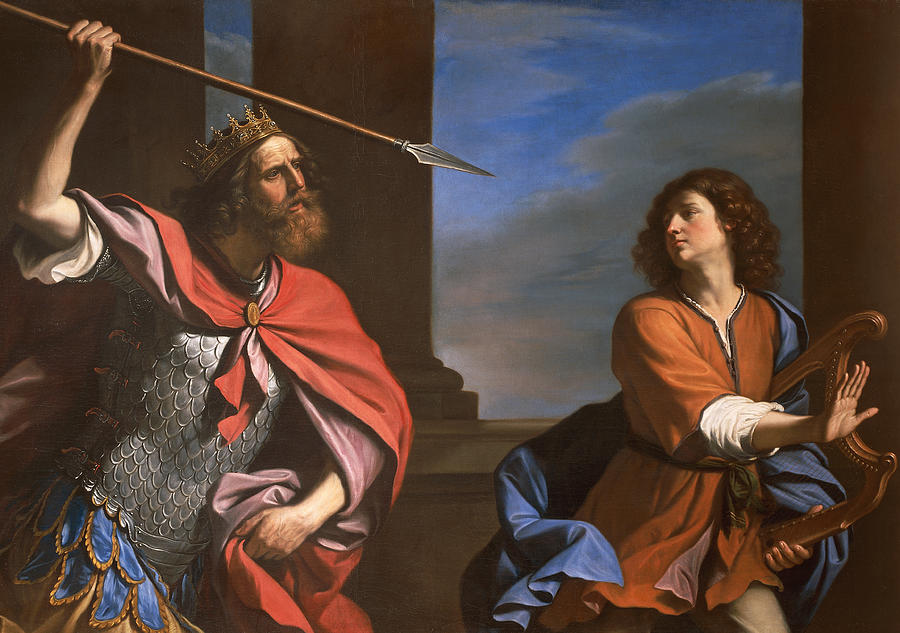Gregg Ten Elshof’s* recent book I Told Me So, which examines the role self-deception plays in the church and in our lives, suffers from an inherent marketing disadvantage. Recommending it to friends, colleagues, or other non-anonymous individuals carries with it the risk of creating enormously awkward situations: “But what precisely did you mean by buying this as my birthday present?” I suggest, for such occasions, something by Andrew Murray instead.
Login to read more
Sign in or create a free account to access Subscriber-only content.
